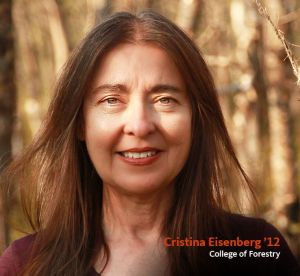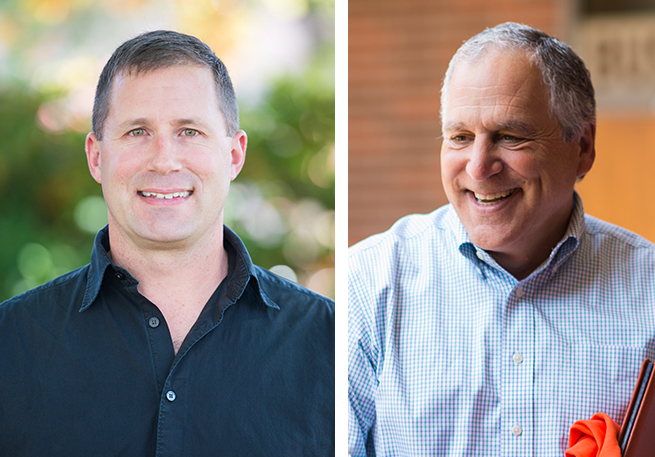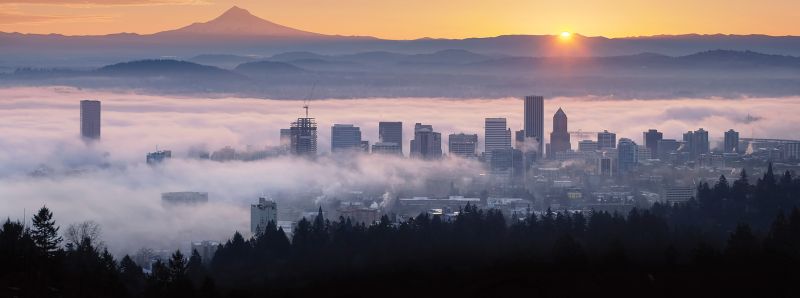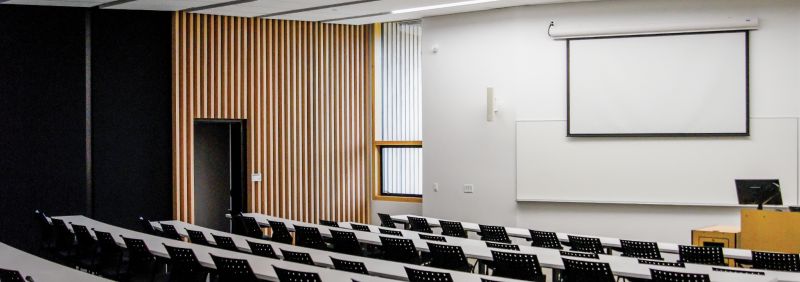As skies turned red and large scale fires tore through Oregon’s forests and communities, Oregon State University College of Forestry researchers stood ready to share research and answer questions from reporters. They also sprung into action to support the state’s response, developing research proposals to help inform future policy decisions.
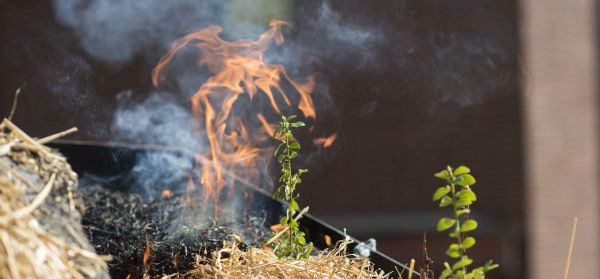
The College of Forestry produces fire-related research that expands knowledge about fire history and ecology, fuels treatment (thinning and prescribed fire), and risk analyses to help inform future decisions. The College also explores some of the important social dimensions present in fire research, like work in governance, social justice and equity, and how to improve livelihoods.
Researchers are active nationally and internationally, tracking and contributing to science and understanding. They bring this knowledge to their undergraduate and graduate students in the classroom and labs. Meanwhile, OSU’s world-class Forestry and Natural Resources Extension Program is the final, critical link, distributing information beyond the campus and helping communities become more fire-adapted.
Some of the ways the College of Forestry’s fire research work aides Oregonians includes:
- Advising state and federal leaders on appropriate fire policy, including expanding strategic use of commercial thinning, prescribed fires, and managed wildfire as forest management tools.
- Researching impacts on soil and water quality.
- Assisting in post-fire planting and planning, including addressing and discussing questions around seed availability and appropriate seed zones, assisted migration and climate mitigation, and availability of seedlings.
- Working collaboratively with agencies and partners to conduct research and undertake activities to reduce help keep communities safe and improve the health of forests. Work includes research on the benefits of prescribed burning approaches as opposed to suppression activities.
- Integrating traditional knowledge and indigenous burning practices with emerging research and fire science.
- Launching the Forestry and Natural Resources Extension Fire Program in early 2020. The program assists in identifying landscapes in the highest need of a strategic focus of resources to reduce wildfire and landscape health risks at a statewide scale. It also assists with the implementation of projects on the ground in priority landscapes. The program provides education and outreach throughout the process for all Oregonians.
- Assuming a leadership role while working across disciplines with other OSU colleges, including the College of Agricultural Sciences and College of Engineering to support the wildfire response and recovery.
The research helps guide the way towards a more fire-adapted future and contributes to a more collaborative and productive science-informed conversation about how we co-exist with fire.

